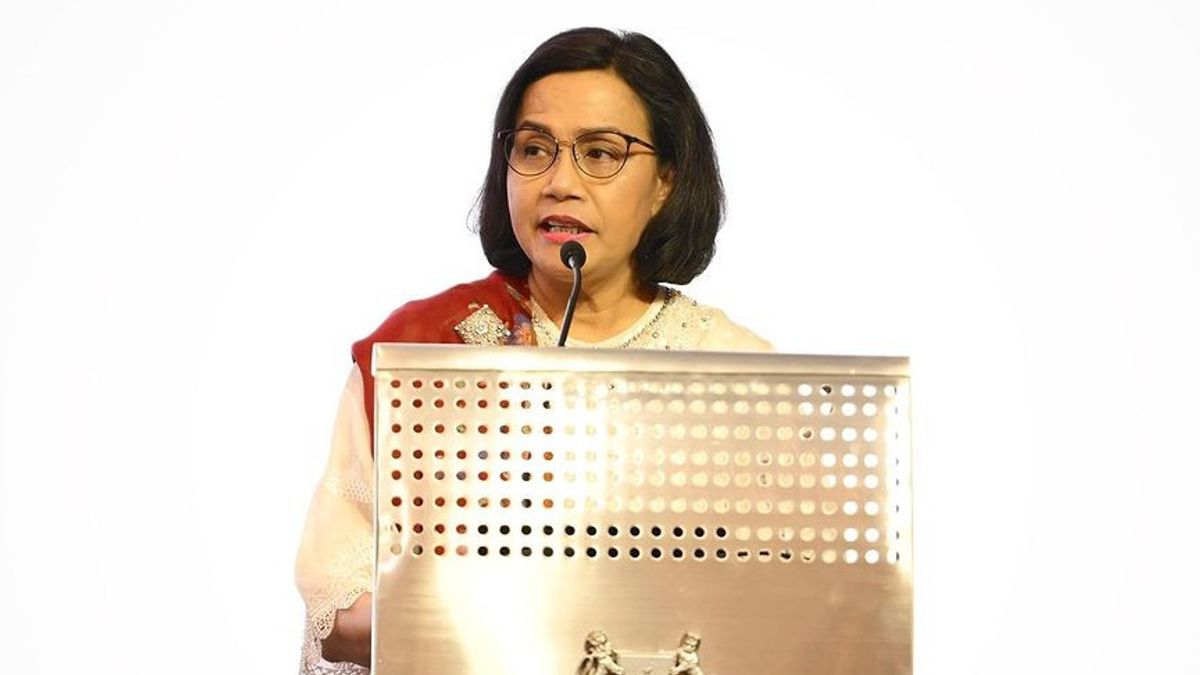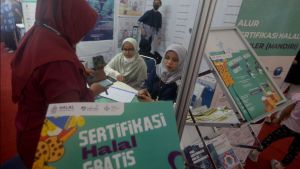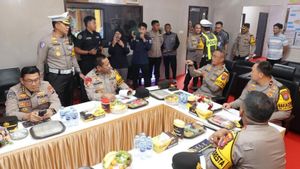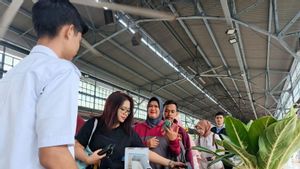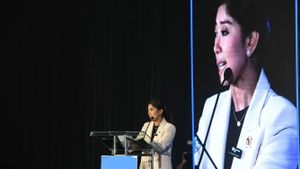Minister of Finance Sri Mulyani Indrawati said that she was still coordinating with President-elect Prabowo Subianto regarding the policy of increasing Value Added Tax Rates (VAT) to 12 percent.
"We continue to communicate and consult with the elected president," said Sri Mulyani, quoted from Antara, Wednesday, August 28.
According to him, there are several things in the State Revenue and Expenditure Budget (APBN) which are still being coordinated with the elected presidential team, both in terms of revenue and state spending. In addition to VAT, for example, it also includes the packaged packaged excise drink (MBDK) policy.
However, the certainty of these various programs will be announced by Prabowo after the presidential inauguration.
"For policies that have a fairly broad social, political and economic impact, later the elected president will determine and convey. We continue to coordinate intensively," said Sri Mulyani.
Previously, during the 2025 RAPBN Press Conference in Jakarta some time ago, Sri Mulyani explained that President-elect Prabowo Subianto was aware of the policy contained in Law Number 7 of 2021 concerning Harmonization of Tax Regulations (UU HPP).
"It has been conveyed in the cabinet, the elected president and the president are now very aware of the HPP Law," said Sri Mulyani.
In the HPP Law, it is stated that based on Article 7 paragraph 1 of the HPP Law, the previous VAT rate of 10 percent was changed to 11 percent which was already in effect on April 1, 2022, and again increased by 12 percent no later than January 1, 2025.
Nevertheless, the HPP Law also provides space to convert VAT to a minimum of 5 percent and a maximum of 15 percent.
SEE ALSO:
The government targets to increase state revenue by 6.4 percent next year, which is Rp2,996.9 trillion. Of that amount, Rp2,490.9 trillion of which comes from tax revenues.
"Later we will see economic potential, tax ratio, extensification and others," he said.
The Minister of Finance also highlighted that the Government has provided VAT exemption policies for a number of groups, such as basic needs, education, health and transportation. The State Treasurer said this incentive was enjoyed in the middle to upper class groups.
"The HPP Law strongly explains that basic necessities, education, health, and transportation are not subject to VAT," added the Minister of Finance.
The English, Chinese, Japanese, Arabic, and French versions are automatically generated by the AI. So there may still be inaccuracies in translating, please always see Indonesian as our main language. (system supported by DigitalSiber.id)
